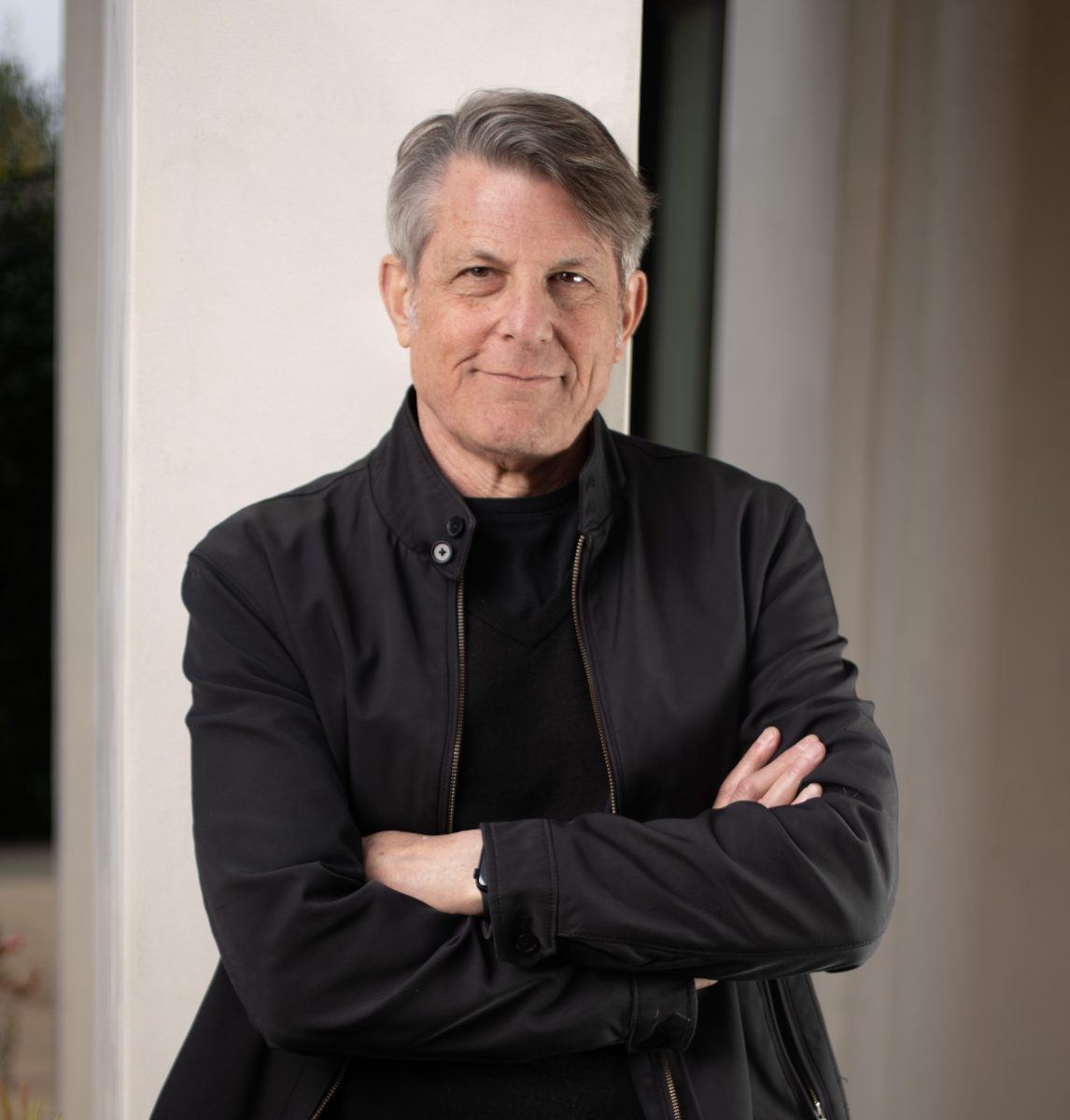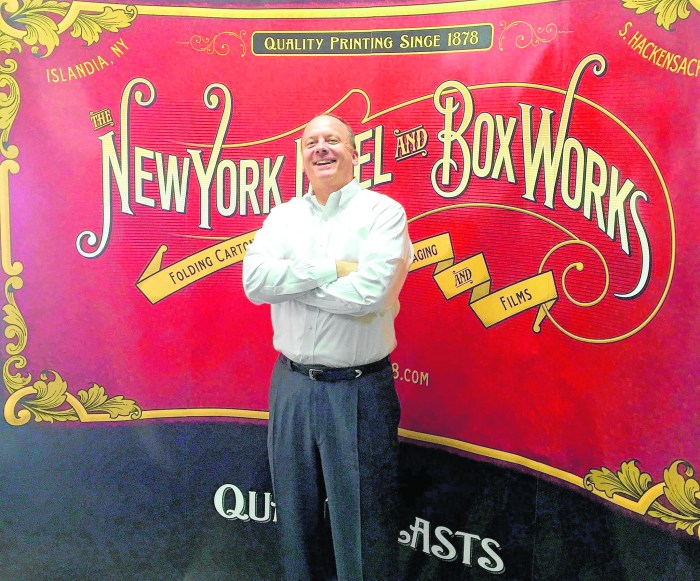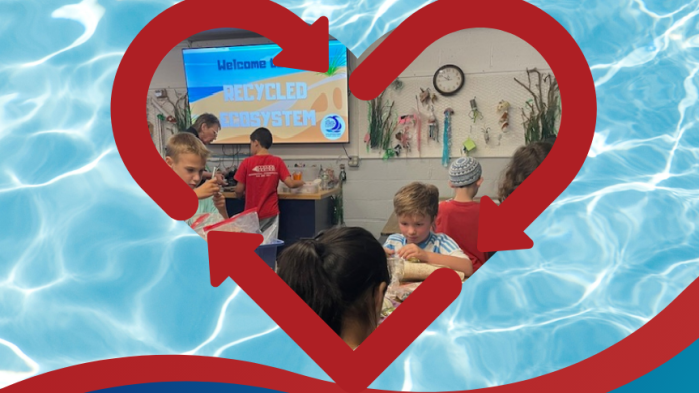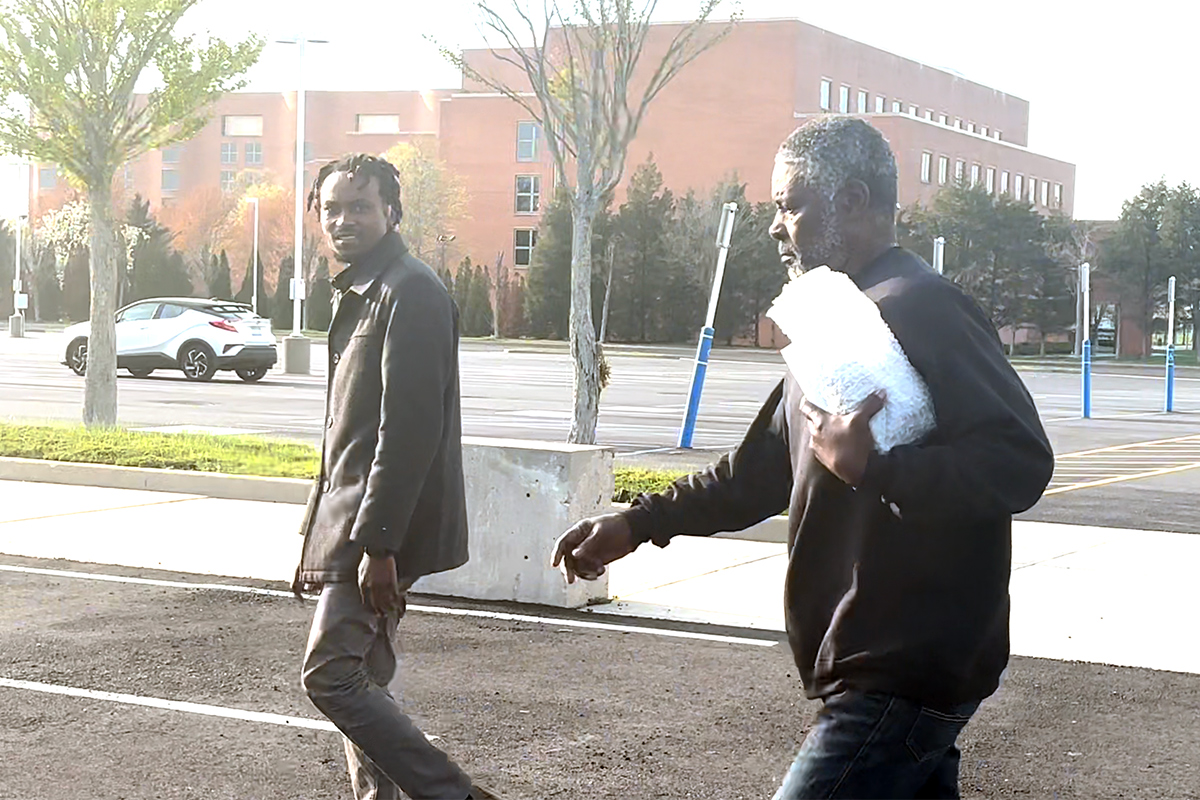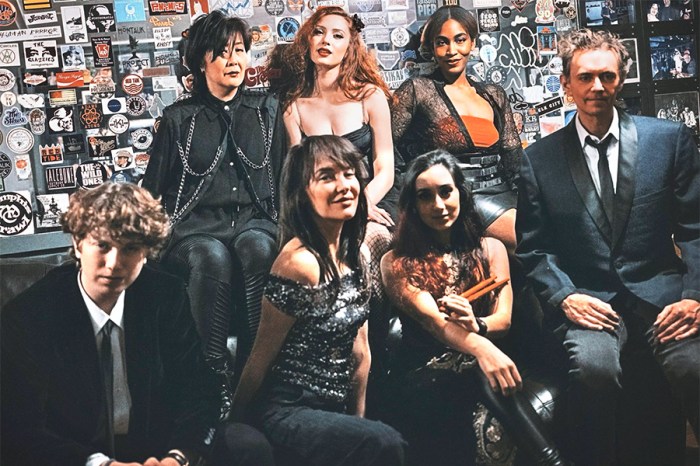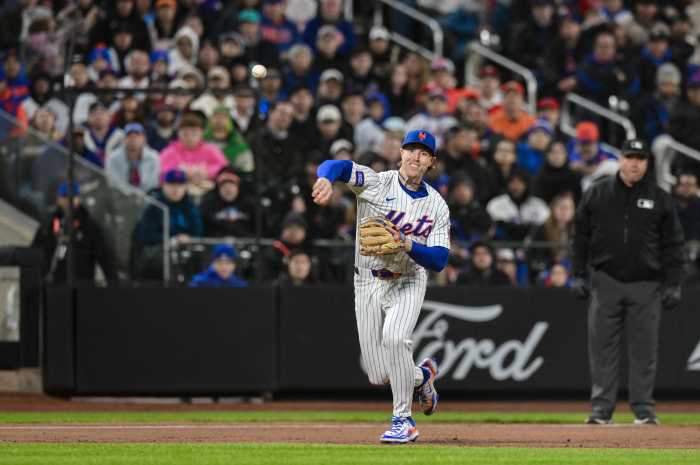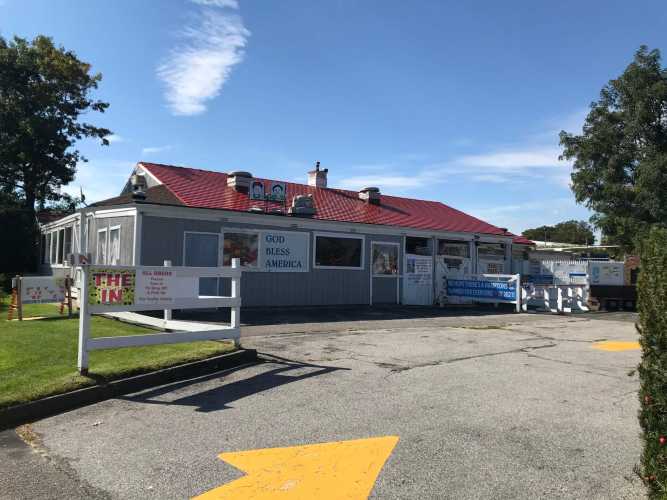Emotional complexity is often the guiding force centering even the best-case familial relationships. Throw in pop culture-shifting fame, money and generational dysfunction and that scenario can lead to additional confusion and soul searching.
So it goes for Adam Nimoy, who details this and more in his new memoir, “The Most Human: Reconciling With My Father, Leonard Nimoy.” Nimoy, a director and son of the world’s most famous Vulcan is also a recovering marijuana addict 20 years in recovery still working a 12-Step recovery that helped him achieve clarity in mending the relationship he had with his late father.
It served as the inspiration for him to share what that journey looked like in his new book.
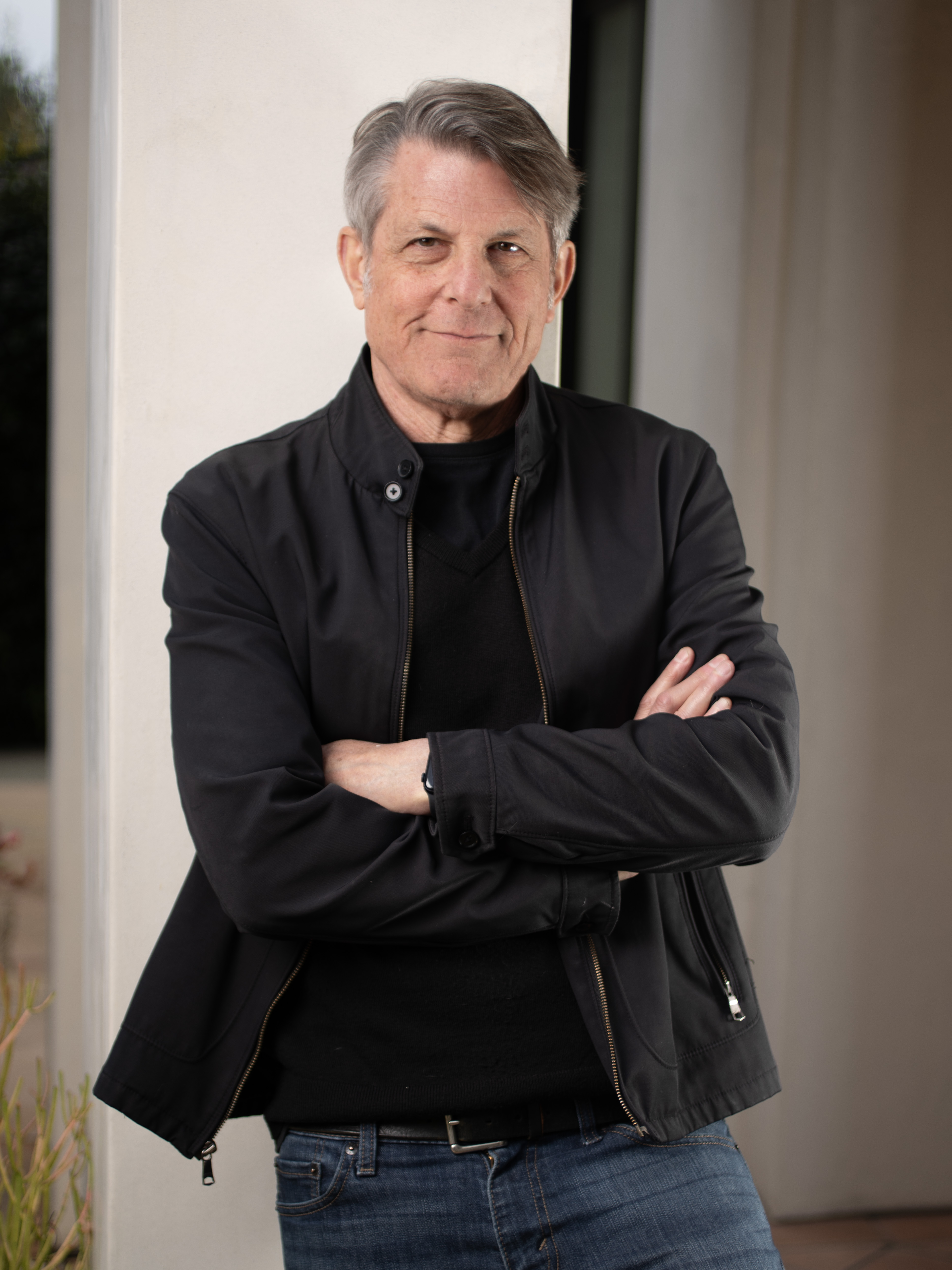
“My dad and I were at odds with one another for many years with no resolution in sight until I was able to go into the program myself, work the steps and get some good direction,” Nimoy explained. “This story seems to resonate with people who seem to have dysfunction in their own families. A lot of people come up to me after [recovery] meetings to say that I was an inspiration and they think they’re going to try and call their mom, dad or sibling and see if they can get something going and try to heal and reconcile. I touched a little bit on it in “For the Love of Spock,” a documentary film about my dad. Now I felt like I should do the deep dive about what happened with my pop and how our reconciliation created a very strong bond between us during the last few years of his life.”
In “The Most Human,” Nimoy details the story of how his father grew up as a first-generation son of Jewish immigrants in Boston. Having fallen in love with acting, the then-18-year-old Nimoy traveled three days across the country to California to pursue his dream despite the disapproval of his parents.
It was here that he hustled and struggled while trying to support his new wife and two children. It’s an experience that had a lasting impact on the relationship he’d have with his own family unit.
“My dad’s parents were devastated and not the least bit supportive of him [becoming an actor],” Nimoy pointed out. “That guy knew how to hustle. When he came to L.A., I remember he used to work all these crazy, odd jobs. I went with him to collect the rent at this apartment building in Venice by the beach. We were there on a Sunday and nobody was home to give him a rent check. And he needed a commission from those rent checks for us to survive. The process of writing this book gave me much more appreciation and empathy for this kid. And just the chutzpah to come out with his sheer determination and grit to make things happen that far more surpassed anybody’s expectations.”
Despite these experiences making for the elder Nimoy becoming a remote and oftentimes uncommunicative father during his son’s formative years, Adam went to college and became an entertainment lawyer. After a few years of doing that, he turned
to directing with credits including “NYPD Blue,” “Ally McBeal” and “The Gilmore Girls.”
And while his father grappled with alcoholism, it wasn’t until Leonard Nimoy took his own addicted son to an AA meeting in the ‘90s when the emotional thawing between the two began. But while his father was sober and Adam was getting there, it was the
former’s refusal to follow through on steps eight and nine of the 12-step program centering on making amends that caused friction between the two.
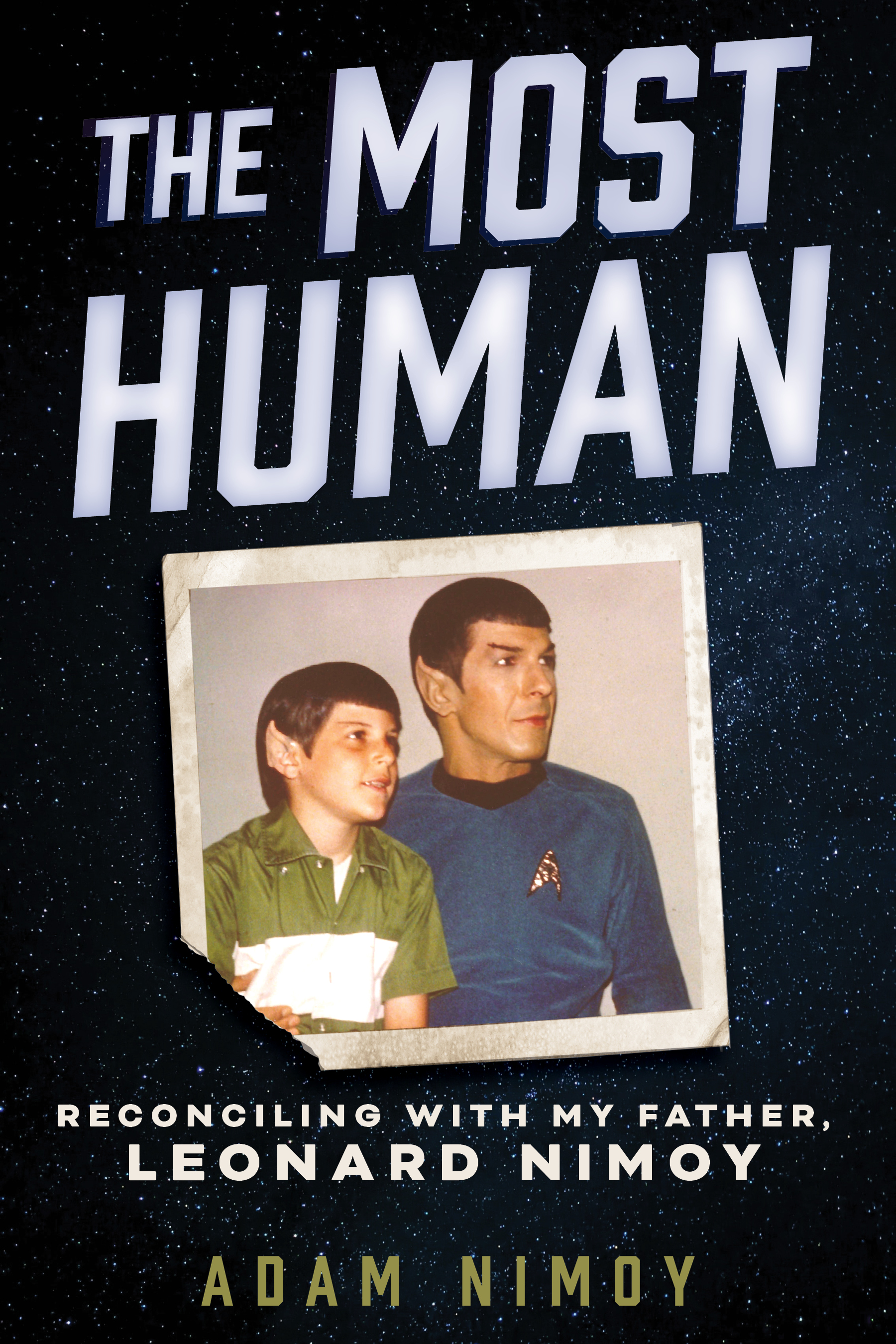
“While his refusing to apologize was cause for some rough and tumble exchanges between him and I, my dad really stepped up after the beautiful “shiksa” girl I got remarried to in 2011 was diagnosed with cancer four-and-half months after we wed,”
Nimoy said. “He became the father I needed him to be because he was very supportive. His priorities had changed and he was available. This was his way of apologizing and what we call a living amends.”
With both book and documentary, Nimoy sees these as chapters of a desire to honor his father despite what went on between the two.
“It’s all a tribute to Spock and Leonard Nimoy—the Renaissance man, the artist, the philanthropist,” he said. “And it’s a tribute to our relationship, despite the difficulties and triumphs we had together. I hope people come together with a fuller picture of this really interesting, dynamic and complicated man.”
Adam Nimoy will be appearing on Nov. 24 hosting a screening of “For the Love of Spock” at Cinema Arts Centre, 423 Park Ave. in Huntington. For more information, visit www.cinemartscentre.org or call 631-423-7610.




